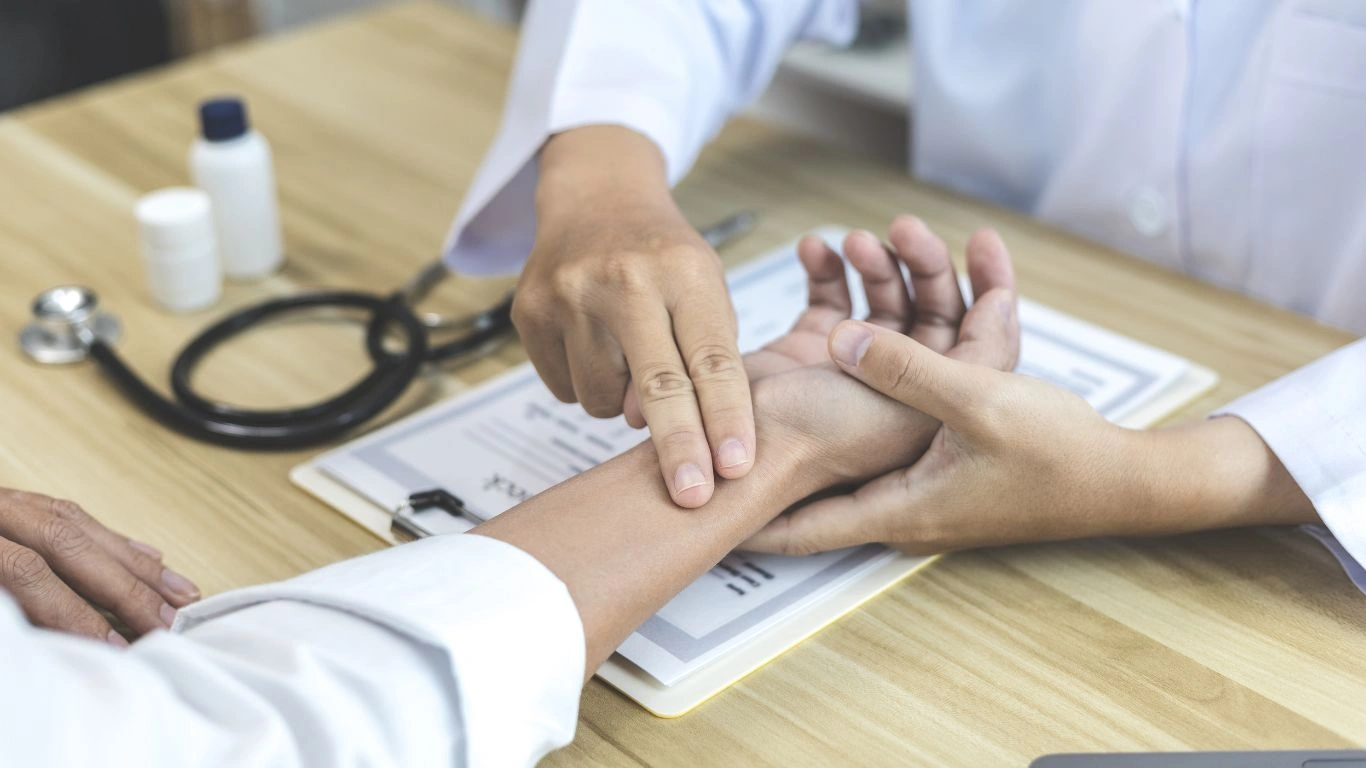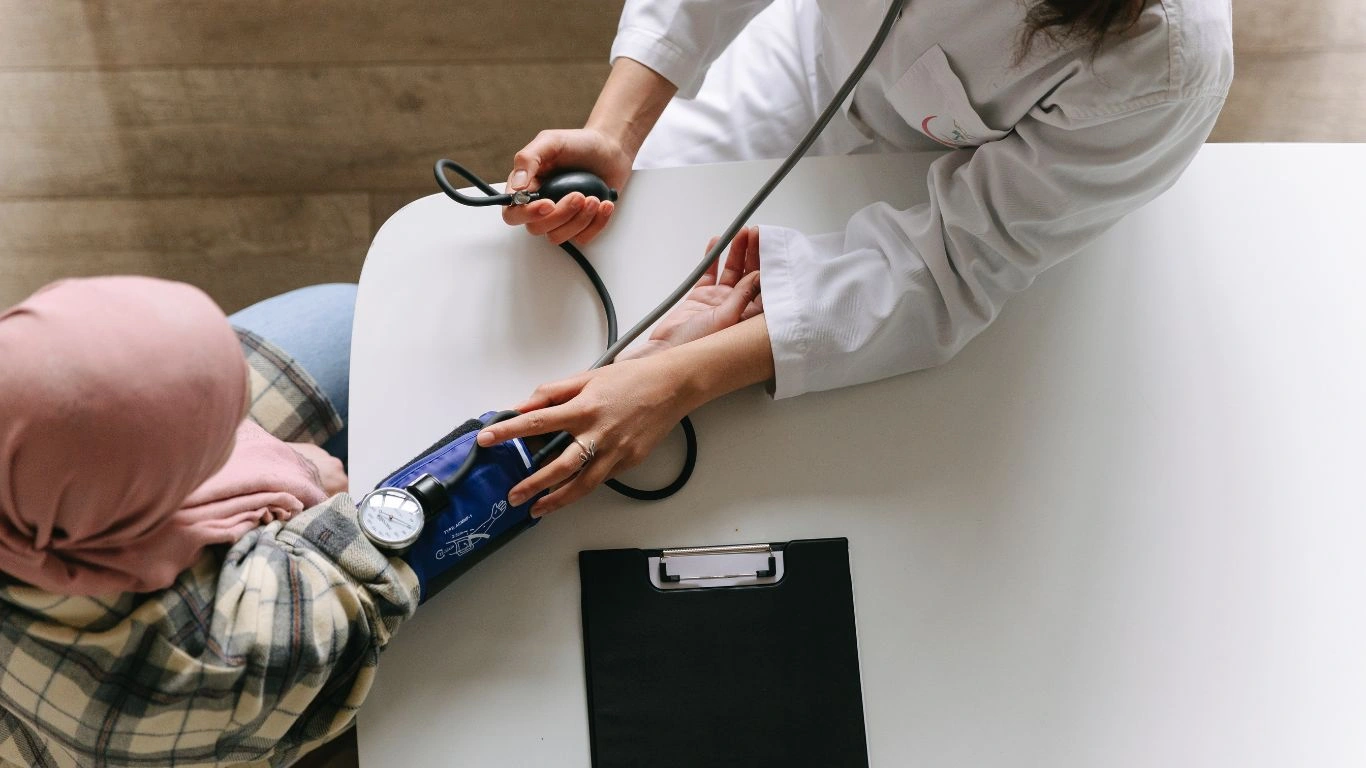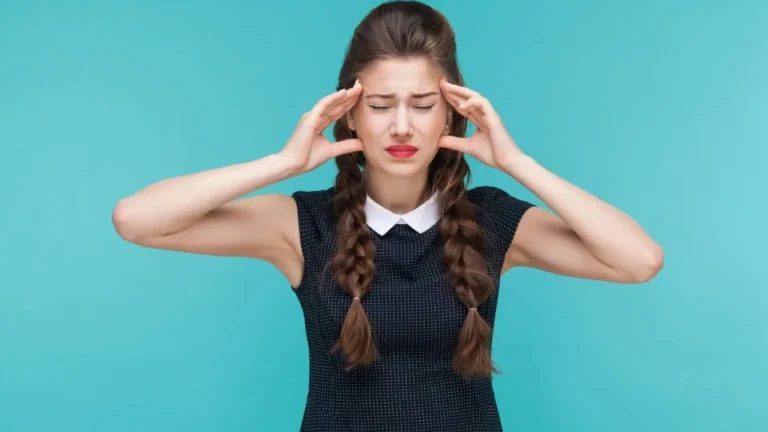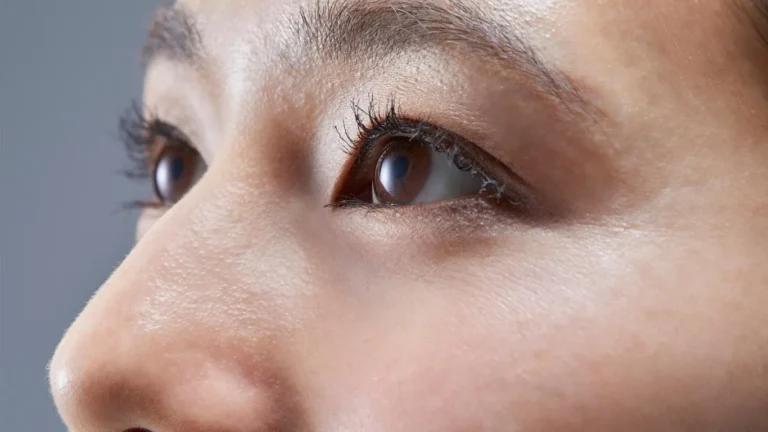How to Lower Blood Pressure Naturally: A Complete Guide
High blood pressure, also known as hypertension, is a common condition affecting millions of people worldwide. If left uncontrolled, it can lead to serious health problems, including heart disease, stroke, and kidney damage. The good news? There are several natural ways to lower blood pressure and improve overall heart health. In this article, we’ll explore simple yet effective methods that can help you take charge of your blood pressure without the need for medication.

Why High Blood Pressure is a Concern
Before diving into the methods, it’s essential to understand why high blood pressure is a problem. When your blood pressure is consistently too high, it can strain your heart and arteries, making your heart work harder than it should. Over time, this can damage your blood vessels and lead to a variety of complications. Managing your blood pressure is vital to maintaining long-term health and preventing serious conditions.
The Power of Lifestyle Changes in Lowering Blood Pressure
One of the most effective ways to manage blood pressure naturally is through lifestyle changes. You don’t need to rely solely on medication; small, consistent changes can make a big difference.
1. Exercise Regularly
Exercise is one of the most powerful tools for controlling blood pressure. Physical activity strengthens the heart, enabling it to pump blood more efficiently, which reduces the pressure on your arteries. The American Heart Association recommends at least 150 minutes of moderate-intensity exercise or 75 minutes of vigorous-intensity exercise per week. Activities like brisk walking, swimming, cycling, or jogging can help keep your blood pressure in check.
How Exercise Helps
Regular exercise helps improve blood flow and lowers the amount of oxygen your heart needs. It’s a win-win for your overall health, as it also helps with weight management, reduces stress, and can improve sleep. The more active you are, the more benefits you’ll experience!
2. Eat a Heart-Healthy Diet
A healthy diet is crucial in lowering blood pressure. Focus on foods that are rich in nutrients, fiber, and antioxidants. Here’s a breakdown of foods that can help reduce hypertension:
- Fruits and Vegetables: These are rich in potassium, which helps balance the negative effects of sodium on blood pressure. Aim for a colorful plate with plenty of leafy greens, berries, oranges, bananas, and tomatoes.
- Whole Grains: Oats, quinoa, and whole wheat are good options. They provide fiber, which helps maintain a healthy heart.
- Lean Proteins: Incorporate lean meats like chicken, turkey, and fish, or plant-based proteins such as beans and legumes.
- Nuts and Seeds: Walnuts, almonds, and flaxseeds are excellent sources of healthy fats that can lower blood pressure.
What to Avoid
On the flip side, certain foods can worsen high blood pressure. It’s wise to cut back on:
- Salt: Too much sodium causes the body to retain fluid, which can increase blood pressure. Try to limit your intake to 1,500 to 2,300 mg of sodium per day.
- Processed Foods: These often contain high amounts of salt, unhealthy fats, and preservatives that can contribute to hypertension.
- Excessive Alcohol: Drinking alcohol in moderation is key. Too much alcohol can raise your blood pressure over time.

3. Reduce Stress
Chronic stress is a major contributor to high blood pressure. When you’re stressed, your body releases hormones like cortisol and adrenaline, which can raise blood pressure and cause your heart to beat faster. Finding ways to manage stress is crucial for maintaining healthy blood pressure.
Techniques to Reduce Stress
- Meditation: Taking a few minutes each day to meditate can help calm your mind and lower blood pressure. Apps like Headspace or Calm offer guided sessions.
- Deep Breathing: Slow, deep breaths can help activate the body’s relaxation response, lowering your heart rate and blood pressure.
- Yoga: Incorporating yoga into your daily routine can reduce stress and improve flexibility and strength.
- Mindfulness: Being mindful of the present moment can help reduce anxiety and promote relaxation.
4. Get Enough Sleep
Sleep plays a crucial role in regulating blood pressure. Poor sleep or sleep deprivation can raise blood pressure and increase the risk of developing hypertension. Aim for 7-9 hours of quality sleep each night.
Tips for Better Sleep
- Stick to a consistent sleep schedule, even on weekends.
- Create a relaxing bedtime routine to wind down, like reading or taking a warm bath.
- Limit screen time before bed to reduce blue light exposure, which can interfere with sleep.
- Ensure your sleep environment is dark, quiet, and cool.
5. Maintain a Healthy Weight
Being overweight or obese is a significant risk factor for high blood pressure. Losing even a small amount of weight can have a big impact on lowering your blood pressure. If you’re carrying extra weight, focus on gradual, sustainable weight loss through a combination of healthy eating and regular exercise.
6. Limit Caffeine Intake
While the effects of caffeine on blood pressure can vary from person to person, it can cause a temporary spike in blood pressure. If you’re sensitive to caffeine, consider limiting your intake or switching to decaffeinated beverages. If you do drink caffeinated beverages, try to keep it to a moderate amount—about one or two cups per day. 
Conclusion
Lowering blood pressure naturally is all about making small, sustainable lifestyle changes. By exercising regularly, eating a heart-healthy diet, managing stress, getting enough sleep, and maintaining a healthy weight, you can take control of your blood pressure without relying on medication. Remember, it’s always a good idea to consult with a healthcare professional before making significant changes to your lifestyle.
Appendices
FAQs
- Can exercise really lower my blood pressure? Yes! Regular physical activity strengthens your heart, allowing it to pump blood more efficiently and reduce pressure on your arteries.
- How does stress impact blood pressure? Stress triggers the release of hormones that raise blood pressure, so learning stress management techniques can help keep your blood pressure under control.
- What foods should I avoid to lower blood pressure? Avoid foods high in sodium, processed foods, and excessive alcohol. Opt for fresh, whole foods like fruits, vegetables, and lean proteins instead.
- Can sleep really affect blood pressure? Absolutely! Poor sleep or not getting enough sleep can raise blood pressure over time, so aim for quality sleep each night.
- How much salt should I consume daily to lower blood pressure? It’s best to limit sodium intake to 1,500 to 2,300 mg per day to help maintain healthy blood pressure levels.
References
- American Heart Association. (2023). Managing High Blood Pressure. Read Article
- National Institute of Health (NIH). (2024). The Impact of Diet on Blood Pressure. Read Article
- Mayo Clinic. (2023). Natural Ways to Lower Blood Pressure. Read Article
Disclaimer
The information provided in this article is for educational purposes only and does not replace professional medical advice. Always consult with your healthcare provider before making any changes to your diet, exercise routine, or lifestyle, especially if you have a medical condition.

Dr. Gwenna Aazee is a board-certified Internal Medicine Physician with a special focus on hypertension management, chronic disease prevention, and patient education. With years of experience in both clinical practice and medical writing, she’s passionate about turning evidence-based medicine into accessible, actionable advice. Through her work at Healthusias.com, Dr. Aazee empowers readers to take charge of their health with confidence and clarity. Off the clock, she enjoys deep dives into nutrition research, long walks with her rescue pup, and simplifying medical jargon one article at a time.







